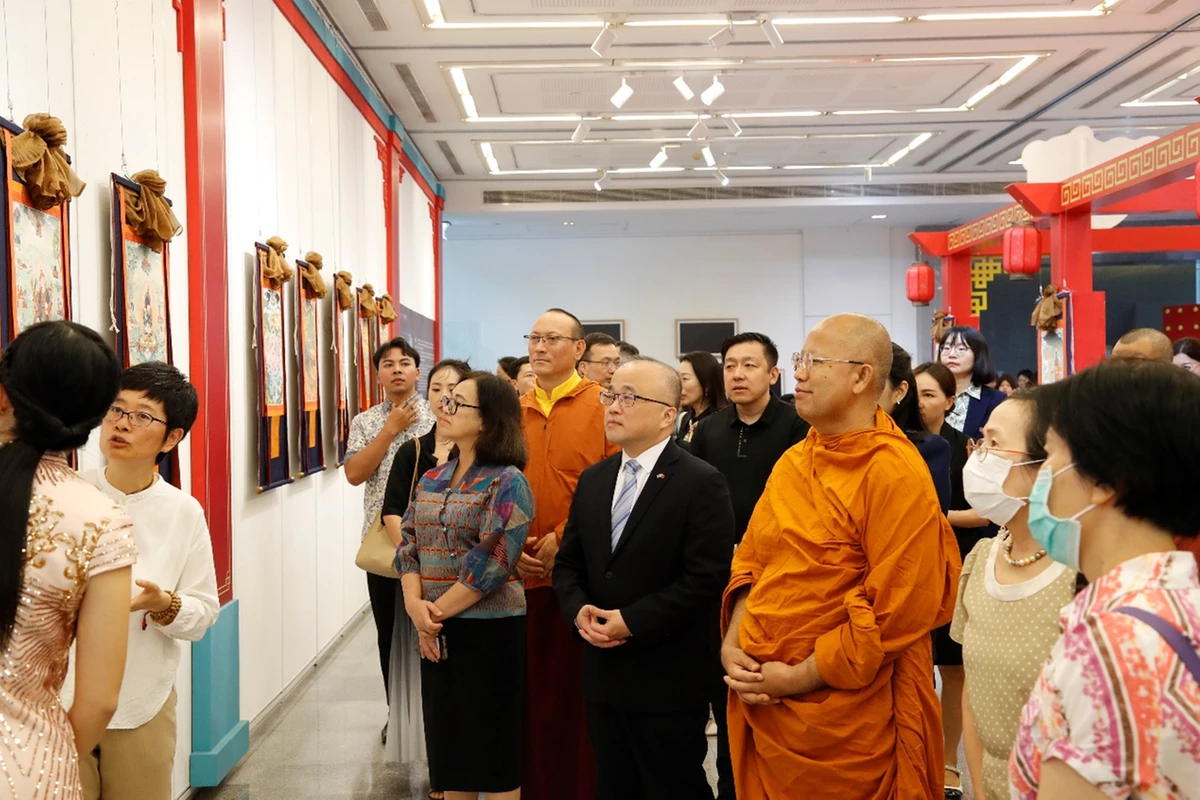Is democracy on its deathbed in SE Asia?

For Indonesians, the manipulative tactics being used by Malaysian leader Najib Razak to win the upcoming general election are a strong reminder of our former president Suharto’s tricks during his 32-year rule. Unfortunately Najib is not alone among Southeast Asian leaders in adopting this strategy.
Since 1999, Indonesia has had four democratic presidential elections, three of which were direct ones. Next year, legislative and presidential elections will be held simultaneously. As the largest Asean member, Indonesia has a constitutional obligation to persuasively share its experience of democratisation with its neighbours.
As many have observed, we continue to stumble and remain vulnerable to risks of stepping back rather than forward; and we urge fellow citizens of Southeast Asia to remain wary of allowing leaders to rise without effective control.
Developments in Malaysia are indeed worrying. Its leaders know very well how to benefit from divisions in a society where Malays and Muslims are offered special privileges as “first-class citizens” according to its constitution.
Oppress the opposition, manipulate majority Malays with fear-mongering focused on economically powerful minorities, rewrite the election rules, control the mainstream and social media. Najib has used and will continue to use such primitive tactics to win the next election. The 1MDB corruption case, in which billions of dollars went missing from the state-development fund – $700 million of which ended up in Najib’s bank account, according to the Wall Street Journal – has been effectively swept under the carpet.
Like Suharto, Najib has effectively killed even the smallest chance the opposition had of participating in the upcoming parliamentary election. The government has blocked former prime minister Mahathir Mohamad’s party, Parti Pribumi Bersatu Malaysia from running against the ruling Barisan National coalition.
Tragically, the 92-year old Mahathir, a strongman who ruled Malaysia from 1981 until 2003, is the opposition’s only available alternative. Najib learned from Mahathir how to treat minorities and opposition.
In Cambodia, Prime Minister Hun Sen, who has been in office since 1985, has also mercilessly cracked down on political rivals and has openly declared his intention to stay in power for life. Hun Sen’s Cambodian People’s Party (CPP) won a sweeping victory in February’s election.
Thailand’s situation is even worse, with the military continuing to refuse to transfer power back to civilians. Junta leader General Prayut Chan-o-cha appointed himself as prime minister after toppling the democratically elected government of prime minister Yingluck Shinawatra in May 2014. The Army had previously intervened in 2006 to oust her brother Thaksin Shinawatra. The military has now staged no fewer than 12 coups since 1932.
For how long will Thais allow themselves be ruled by a dictatorship?
Our message is very clear: Despite shared temptations to let strong leaders rule, rather than work on the nuts and bolts of noisy democracy, Asean must set an example to the world as a regional bloc where people hold supreme sovereignty in their respective nations.





